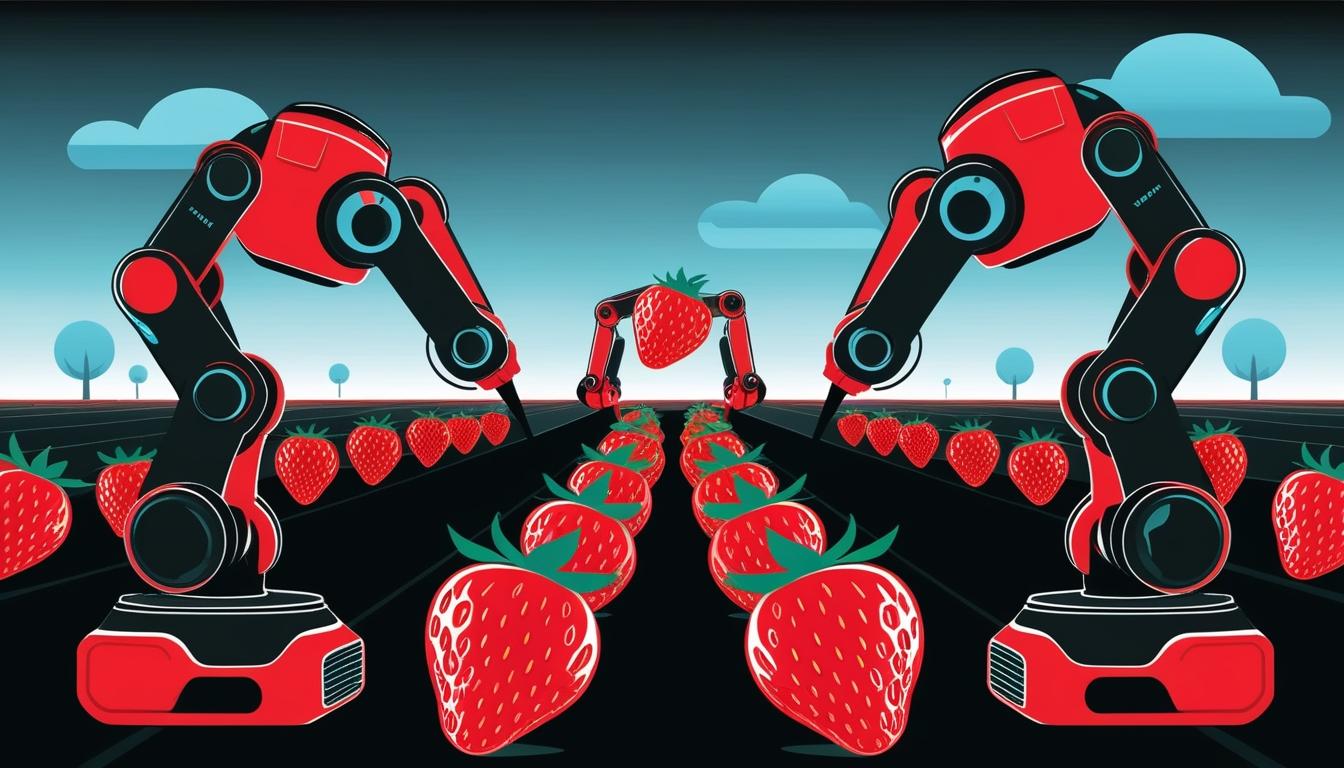The beginning of 2023 has seen an influx of fundraising activities in the agricultural and technology sectors, marking a notable trend in the convergence of these industries. Among the notable startups securing funding is Botanic Healthcare, a nutraceutical company based in India, which raised $29 million led by private equity firm Skateboat Capital. This investment is expected to enhance their operations and product offerings in the nutraceutical space. Similarly, Fermata, an Israeli agriculture-focused data science firm, closed a Series A funding round, securing $10 million to further the development of their technology aimed at improving agricultural efficiency.
In innovative collaborations, Ohalo, a startup collaborating with farmers in Florida, is focusing on the development of a disease-resistant strawberry. This initiative reflects ongoing efforts to enhance crop resilience and productivity in the face of agricultural challenges. Furthermore, Bayer and Neste have launched a new initiative aimed at creating renewable fuel from agricultural sources, reinforcing the push towards sustainable practices within the industry.
Investment trends indicate a growing interest in diverse agricultural technologies. Inari, a seed gene-editing startup based in the United States, has raised $144 million in its latest funding round, as it looks towards commercialisation of its innovative seed technologies. Other startups receiving funding include Arborea, which aims to cultivate proteins on various surfaces and raised €5 million, and plant-based chicken maker Rebellyous Foods, which secured $2.4 million for its operations.
The funding landscape is also marked by new partnerships and business ventures. Australian firms Idemitsu and Terviva are initiating trials for a non-edible oilseed crop for aviation fuel, showcasing the innovative intersections of agriculture and energy sectors. Groundwork BioAg and ADAMA have formed a partnership to offer a new product, Rootella inoculants, specifically targeted at Chinese farmers, expanding their market reach.
Additionally, several funds focusing on climate technology and agriculture have been established, including a new €200 million fund backed by major Italian corporates, and a horticulture fund launched in Australia valued at A$60 million. These initiatives aim to bolster support for projects that enhance sustainability and efficiency in agricultural practices.
On the regulatory front, California has approved a formal definition for regenerative agriculture, aiming to clarify and promote practices that restore and enhance the health of ecosystems. In other developments, the California-based company Serve Robotics raised an additional $80 million to expand its sidewalk delivery robots, further illustrating the trend of automation in the logistics sector.
In summary, the agricultural technology landscape is undergoing significant transformations through various funding rounds, partnerships, and innovations. As businesses adapt to emerging trends, the future of agriculture appears poised for substantial advancement driven by technology and sustainability initiatives.
Source: Noah Wire Services
